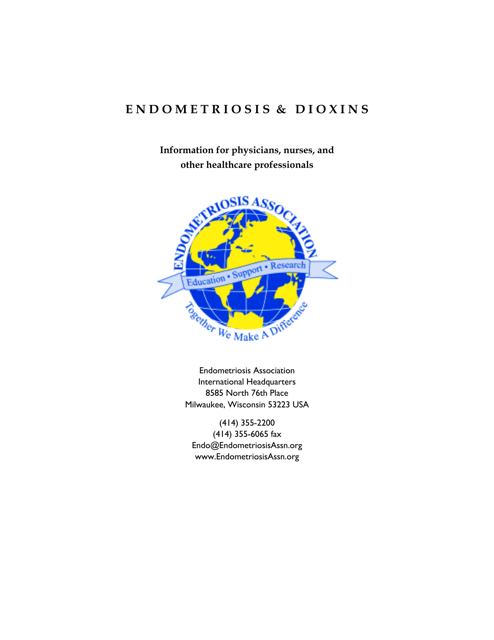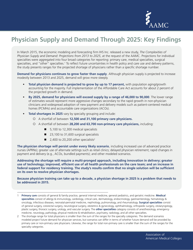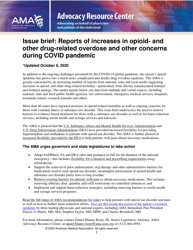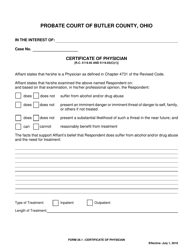Information for Physicians, Nurses, and Other Healthcare Professionals - Endometriosis Association
The Information for Physicians, Nurses, and Other Healthcare Professionals provided by the Endometriosis Association is meant to educate and provide support to medical professionals in the understanding, diagnosis, and treatment of endometriosis, a medical condition that affects the female reproductive system.
FAQ
Q: What is endometriosis?
A: Endometriosis is a condition where the tissue that normally lines the uterus grows outside of it.
Q: What are the symptoms of endometriosis?
A: The symptoms of endometriosis can vary but often include pelvic pain, painful periods, heavy bleeding, and infertility.
Q: How is endometriosis diagnosed?
A: Endometriosis is typically diagnosed through a combination of medical history, physical examination, and imaging tests like ultrasound or laparoscopy.
Q: Is endometriosis curable?
A: There is currently no cure for endometriosis, but there are treatment options available to manage symptoms and improve quality of life.
Q: Can endometriosis cause infertility?
A: Yes, endometriosis can make it more difficult for some women to become pregnant, but not all women with endometriosis will experience infertility.
Q: Is endometriosis hereditary?
A: There may be a genetic component to endometriosis, as women with close relatives who have the condition are more likely to develop it themselves.
Q: What are the treatment options for endometriosis?
A: Treatment options for endometriosis include pain medications, hormonal therapies, and surgery.
Q: Can lifestyle changes help manage endometriosis?
A: Some women find that certain lifestyle changes, such as a healthy diet, regular exercise, and stress reduction techniques, can help manage their endometriosis symptoms.
Q: Is pregnancy a treatment for endometriosis?
A: Pregnancy is not a cure for endometriosis, but some women may experience relief from their symptoms during pregnancy.






































